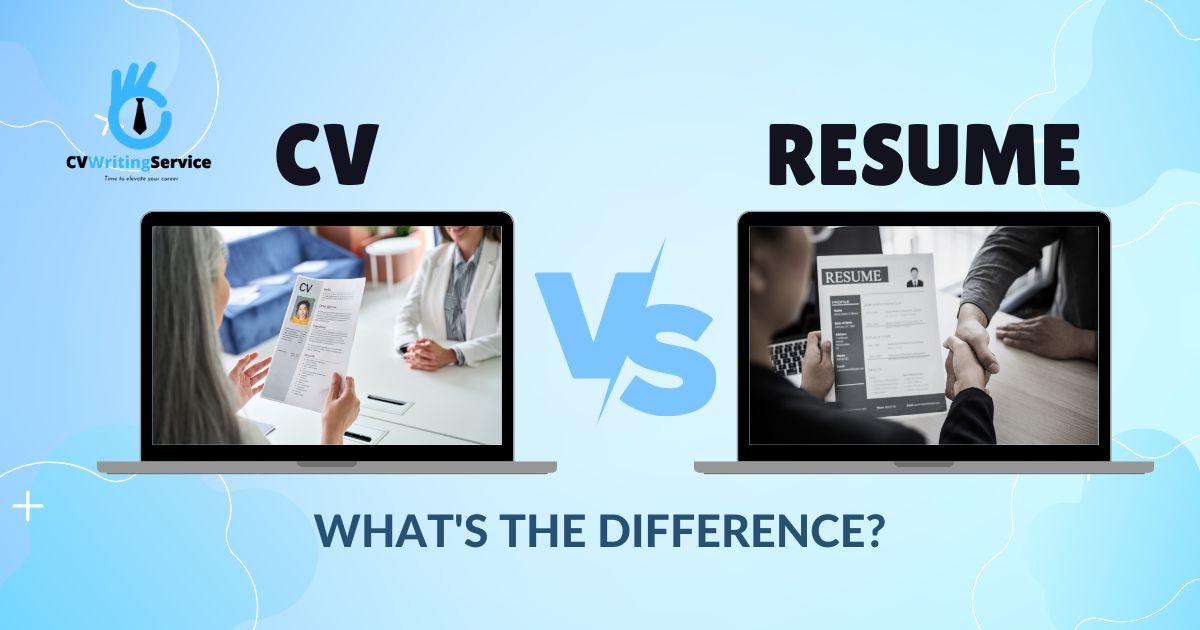
Regarding the work chase, two terms regularly come into play: Resume and CV. Although they are usually utilized to share information, they have specific functions and are designed for different situations. Whether you are a new graduate entering the work market or a prepared proficient searching for a career alter, understanding the difference between a Resume and a CV is necessary.
In this web journal post, we’ll look at the characteristics that separated these two archives, highlighting their purposes, structures, and perfect utilization scenarios.
What does " Curriculum Vitae" mean?
A CV, or Curriculum vitae, could be a comprehensive documentation summarising your educational and proficient history. It usually includes your instruction, work involvement, distributions, grants, and other significant achievements. CVs are ordinarily longer than resumes and can be up to a few pages long.
CVs are frequently utilized in educational settings, such as when applying for a research position or a PhD program. They can be utilized in other proficient settings, such as when applying to work in a government office or a non-profit organization.
What does "Resume" mean?
A Resume could be shorter, briefer documentation highlighting your abilities and involvement relevant to a particular work. Resumes are regularly one or two pages long and centre on the data most important to the work you’re applying for.
Resumes are the most common work application in the United States and Canada. They are utilized across various industries, including both corporate and non-profit sectors.
Key Contrasts Between CVs and Resumes
There are a few key contrasts between CVs and resumes:
| Curriculum Vitae | Resume | |
| Length | A CV is regularly much longer than a Resume, usually two or three pages long. A CV is created to supply a comprehensive outline of your career, including education, work experience, publications, and awards. | A Resume, on the other hand, is ordinarily one or two pages long and centres on your most important abilities and involvement for the particular work you’re applying for. |
| Purpose | CVs are most commonly utilized in academic settings, such as when applying for a research position, cooperation, or PhD program. They can also be utilized in a few proficient settings. | On the other hand, resumes are utilized in most other work applications, such as when applying for positions in business, government, or non-profit organizations. |
| Content | A CV typically contains more details about your education, Hobbies and interests, skills, certifications, courses and academic achievements, as well as your distribution and introductions. | Conversely, a resume typically focuses on your work involvement, abilities, education and accomplishments. |
| Format | CVs and resumes can be designed in numerous ways. In any case, CVs often utilize a more conventional organize, with segments for instruction, work experience, Publications and honors. | On the other hand, resumes can be organized more imaginatively, utilizing diverse fonts, colours, and layouts. |
| Use of keywords | CVs typically utilize more keywords than resumes. It happens since CVs are designed to be reviewed by computers, so adding as many related keywords as conceivable is helpful. | Resumes, on the other hand, are often checked on by people, so it isn’t really necessary to include large number of keywords. |
Which One Should You Use?
Whether to use a CV or a Resume depends on the work you’re applying for and the industry you want to enter. In common, you ought to utilize a CV when applying for work in an academic institute or a job requiring vast instruction or involvement. It would be best if you used a Resume in case you’re applying for a job within the corporate world or work that does not require a high level of instruction or experience.
If you are unsure which one to use, it is always best to ask the hiring manager or recruiter about their preferred choice.
Here are a few extra tips for composing a CV or resume:
- Keep it concise and easy to read.
- Use keywords that are relevant to the job you are applying for.
- Proofread carefully before submitting your document.
By following these tips, you’ll type in a CV or resume that will assist you in arriving at your dream work. The correct document at the right time can make all the difference in your career advancement.
